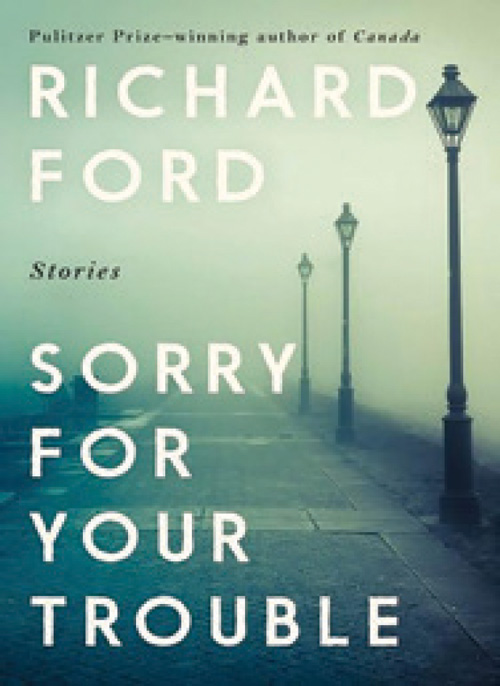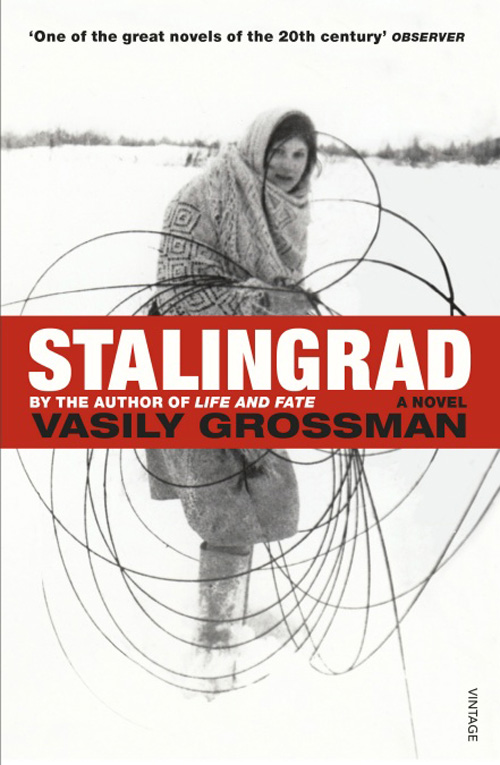Short stories have a mountain to climb. They have to work twice as hard as novels to grab their readers, persuade them to invest in characters they know won’t be around for long, and leave behind a conviction that something meaningful has occurred in a brief encounter. From Richard Ford’s great friend and mentor Raymond Carver to Bryan Washington, Teffi to Lucy Caldwell, the best short story writers are not just master craftspeople, they are infinitely patient ruminators on human interaction. Most fiction lovers prefer the long satisfying immersion of a novel, which must rankle; novelists only need one idea, maybe even just one good character (lazy old Joyce!). Short story writers need to be up to their ears in promising premises, juggling a huge cast of characters. It’s a tough ask.

Ford is one of the very few who has been equally drawn to both forms throughout his writing life. Unusually, he was three novels in before he published 1987’s Rock Springs, a quite brilliant collection of snapshots of American life (‘Fireworks’ is one of the best shorts you’ll ever read). Since then he has alternated between novels – mostly centred around the consistently engaging, if not always likeable, sportswriter Frank Bascombe – and short stories. Unlike many of his early peers, he has shown few signs of losing his touch or his enthusiasm; at 76, his ear for dialogue has remained true, his interest in people unabated.
His new collection, Sorry for Your Trouble, does not mark a departure; his subject matter is ordinary folk, usually men (most of whom are first or second degree Irish, though he insists this is simply a linking device) in commonplace situations. A hopeful reunion of old friends is waylaid by the bitter memories of a newly widowed woman; a couple whose short marriage ended with a mutually accepted shrug of the shoulders ponder their fractured connection; in one of the most touching stories, timid teenager Harry is unsettled by a sudden tender kiss from an older Irish boy he had taken to be a streetwise, big-mouthed babe-magnet.
what stands out most in Ford’s best work is his relentless pursuit of meaning
As might be expected, illness, loss and mourning feature more often that they did in Rock Springs, but Ford is still superlative when considering cross-generational family relationships. ‘Leaving for Kenosha’, in which a daughter asks her father to choose a goodbye card for a school-friend while she’s in the dentist, is a near perfect portrayal of anxious-to-please fathers and contrary, posturing, faux-confident teenage daughters; all the complexities of the unbalanced, needy but resentful love which defends that short period are beautifully rendered. Critics wax lyrical about Ford’s Fitzgerald-esque wordsmithery, and his poetic turn of phrase is undeniable. But what stands out most in his best work is his relentless pursuit of meaning – more specifically, how keenly it is sought, and how easily lost. He is, this collection confirms, still one of the masters of this demanding form.

On the increasingly popular lockdown-friendly subject of audiobooks, I recommend the peerless oeuvre of Russian novelist Vassily Grossman. With Life and Fate and Stalingrad, Grossman gave us two of the greatest novels of the 20th century (both rejected for publication by the Soviet government during his lifetime).audible.com has a wonderful reading of the immense Stalingrad, and the excellent BBC dramatisation of Life and Fate, with the dramatisation of Stalingrad to be released next month. Alexandra Popoff’s splendid biography is also available.









